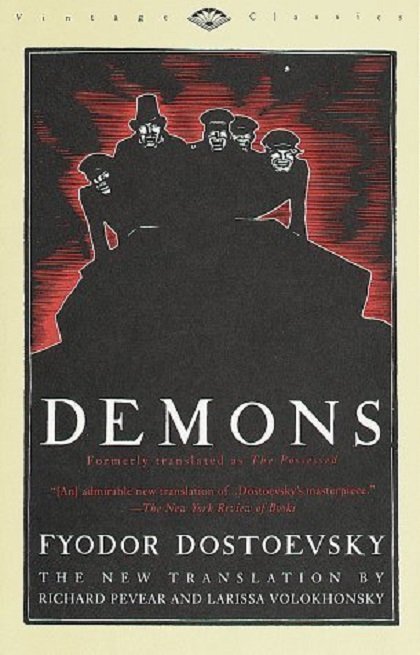Some thoughts about Fyodor Mikhailovich Dostoevsky and the his models of building the novels /part 3/
Heroes - Self-consciousness and ideology
So every hero of" Crime and Punishment" and "Idiot" is the bearer of his idea, he sees the world in his own way and experiences his personal human drama. In the works, the author brings to mind their psychology. It is important for Dostoevsky not what his character is in the world, but above all what the world represents for the hero and what it is for himself. , i.e. the expression not only of man but of his self-consciousness. Depending on the ideological point of view of the characters, Dostoevsky expresses through them his philosophical, moral, moral and religious convictions. Ideological disputes bring life to Dostoevsky's novels.
The main actors in the two great novels are Rodion Romanovich Raskolnikov and Prince Lev Nikolaevich Mishkin. Through the image of Raskolnikov Dostoevsky expresses his philosophical views of the individualist individual, striving to put himself above others and to rise above the law. Leonid Grossman claims that the heroes' families have their character. According to him, Raskolnikov means "a rebel and a protester." Another is symbolism in the name of the prince - it means both a lion and a mouse, ie. the animal king and the little innocent and cowardly animal are united in one place. Through the image of Prince Mishkin, the author tried to show "the positive man," that is, in his character has infused his own positive human ideal. In the draft prince Mishkin is also called Prince Christ, and in the Son of God Dostoevsky sees the ideal. The great sacrifice of Christ is that he offers himself in the name of mankind to bear on his shoulders all human sins and people to be purified. Here is the identity of the hero with Christ - for the good of the people around him he is ready to sacrifice for them, believes that the happiness of others will be achieved through his own suffering and self-denial.
Unlike Mishkin Raskolnikov accepts the provocation - the Christian doctrine is valid, but the hero himself has to overcome its postulates and restrictive frameworks to reach that doctrine, but before that he has to get to know himself. And then the hero becomes the victim of his own conscience. If the prince is guided by his heart about the validity of the Christian doctrine, the hero of "Crime and Punishment" is guided by his mind and his heart is dying. He shares people with "ordinary" and "extraordinary". So-called inferior people are majority, they are material through which the world exists. Higher people have the right to go through blood to realize their idea, "rescue for all mankind". Higher people, such as Napoleon, who are the recognized and dominant personalities of the era, impose their idea and strength, not stopping before anything - even in the case of corpses. They have the right to transgress the law "to save the suffering". Raskolnikov decides to experiment with himself and apply his theory by killing the old dobierka - "evil and harmful grandmother" . Through her murder, he thinks he saves thousands of beings to dedicate themselves to service for all mankind.
When he kills a loaner, whose life he thinks worth nothing - like the life of an aphrodite, the hero is forced to kill the humble and good Lysaveta, and barely the cause of Mikkelka's death. A crime is inevitably followed by another crime, a source of new and new misdeeds. Indeed, the hero is plunged into poverty, but not his severe financial condition leads him to the crime (even does not take advantage of the stolen), and his desire to understand to which category he falls and, of course, his desire to belong to the "elected". "I wanted something else to figure out, and then, sooner or later, I'm as loud as any other person or man. Will I dare to bend and take or not? There is a need for the conscious person to know himself, to see if he is entitled to do "good deeds". His crime is conceptual, it does not arise for personal purposes (as are most crimes) but for an unfinished theory.

i just finished reading Crime and Punishment :) I should pick up the Idiot soon.... I agree with your commentary about Dostoevsky's protagonists, they are very much embroiled in their own personal human dramas !
Great post, love it!
It is not good to overdo Dostoevsky. :D
He also has many interesting short novels that are neglected but deserve our attention as "The Double" and "Notes from underground".
Excellent writer, in his works he focused on exploring the human condition
I'm always try to vote comments your all post.
Thanks for sharing with us your blog #godflesh